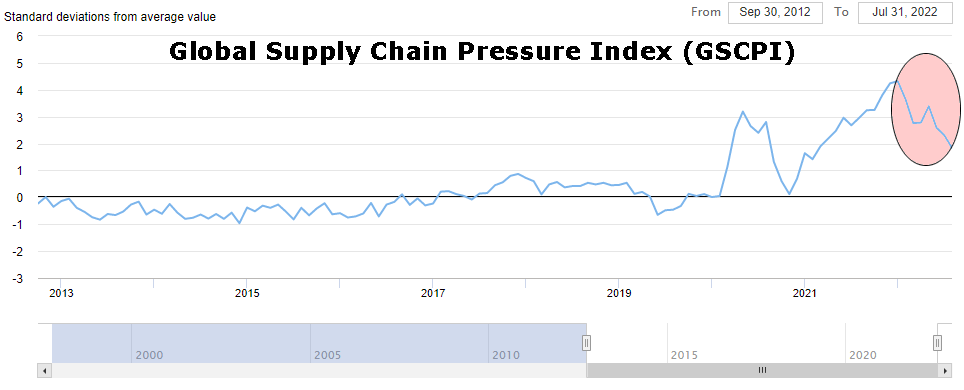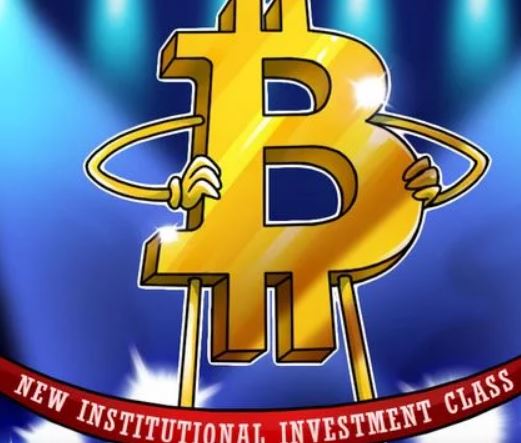Bitcoin Jumps Most in 6 Months as Hopes for 2023 Rate Cut Persist

ING expects a rate cut in June 2023 followed by further easing in the second half of the year.
Major cryptocurrencies bounced early Friday as traditional market investors shrugged off Federal Reserve Chairman Jerome Powell’s pro-liquidity tightening stance.
Bitcoin (BTC), the leading cryptocurrency by market value, jumped 8.6% to $20,997 and ether (ETH), the native token of Ethereum’s blockchain, which is scheduled to undergo a major technological upgrade next week, rose 4% to $1,705, according to CoinDesk data.
The rally appeared to be touched off by speculation that risky assets, such as stocks and cryptocurrencies, could draw strength from a pivot next year by central banks toward monetary easing as economic conditions worsen and inflation subsides.
MSCI’s broadest index of Asia-Pacific shares except Japan jumped 0.3%. The futures tied to the S&P 500 rose 0.3%, hinting at an extension of a two-day rally, while the European stock futures signaled a positive open. The dollar index dropped 0.7% to 108.80, signaling continued weakness in the greenback.
Bitcoin short squeeze
The rapid price movement led to major trading-position liquidations on crypto exchanges due to margin calls.
In recent weeks many traders had used futures and other contracts to bet that the bitcoin price would drop further – known as “shorting” BTC. The sentiment was so negative that analysts argued the setup might be attractive for a short squeeze, CoinDesk reported last week.
So in the past 24 hours, some $101 million of short positions were liquidated as a result of the sudden upswing in price, the most since the June 14 crash, according to data by Coinglass.
Supply chain pressures easing
At a think tank conference Thursday, Powell said, “We need to act right now – forthrightly, strongly,” reiterating his commitment to fighting inflation with rapid-fire interest rate hikes. This year, the so-called policy tightening has roiled risk assets, including cryptocurrencies.
However, forward-looking markets focused on leading indicators that signaled the stubbornly high COVID-19 pandemic-era inflation would cool in the coming months, weakening the case for a continued rapid-fire Fed tightening.
Global container freight rates slipped to 16-month lows early this week, nearly halving from their 2021 peak in a sign of easing supply chain issues.
The Fed has raised rates by 225 basis points (bps) this year and has begun reducing the size of its balance sheet at a monthly pace of $95 billion from this month. The Fed fund futures showed that the central bank would raise rates by 50 bps in November and 25 bps in December, ending the year with the benchmark interest rate in the range of 3.75% to 4%.
“The bounce is not surprising,” Ardern said. “Aside from lead indicators signaling lower inflation, the European Central Bank’s decision to hike rates by 75 basis points on Thursday has eliminated a major uncertainty from the market.”
Freight rates jumped nearly 10-fold last year as the coronavirus pandemic created supply chain problems. That added to the core inflation, which strips out the volatile energy and food component. Powell on Thursday said high inflation was mainly due to the coronavirus.

Freight rates jumped nearly 10-fold last year as the coronavirus pandemic created supply chain problems. That added to the core inflation, which strips out the volatile energy and food component. Powell on Thursday said high inflation was mainly due to the coronavirus.
The U.S. one-year breakeven inflation rate, a market-based measure of expected price pressures over the next 12 months, fell below the Fed’s 2% target.
“We are currently pencilling in a rate cut in June with further easing through the second half of 2023,” James Knightley, chief international economist at ING., wrote in a market update.
“With recessionary forces intensifying, we expect inflation to fall relatively swiftly next year thanks to lower gasoline prices feeding through more broadly, weaker wage pressures and declining input costs combined with falling house prices depressing the rental components of consumer price inflation,” Knightley added.
The Fed has raised rates by 225 basis points (bps) this year and has begun reducing the size of its balance sheet at a monthly pace of $95 billion from this month. The Fed fund futures showed that the central bank would raise rates by 50 bps in November and 25 bps in December, ending the year with the benchmark interest rate in the range of 3.75% to 4%.
BY: Omkar Godbole
DISCLOSURE
Please note that our privacy policy, terms of use, cookies, and do not sell my personal information has been updated.
The leader in news and information on cryptocurrency, digital assets and the future of money, CoinDesk is a media outlet that strives for the highest journalistic standards and abides by a strict set of editorial policies. CoinDesk is an independent operating subsidiary of Digital Currency Group, which invests in cryptocurrencies and blockchain startups. As part of their compensation, certain CoinDesk employees, including editorial employees, may receive exposure to DCG equity in the form of stock appreciation rights, which vest over a multi-year period. CoinDesk journalists are not allowed to purchase stock outright in DCG.










